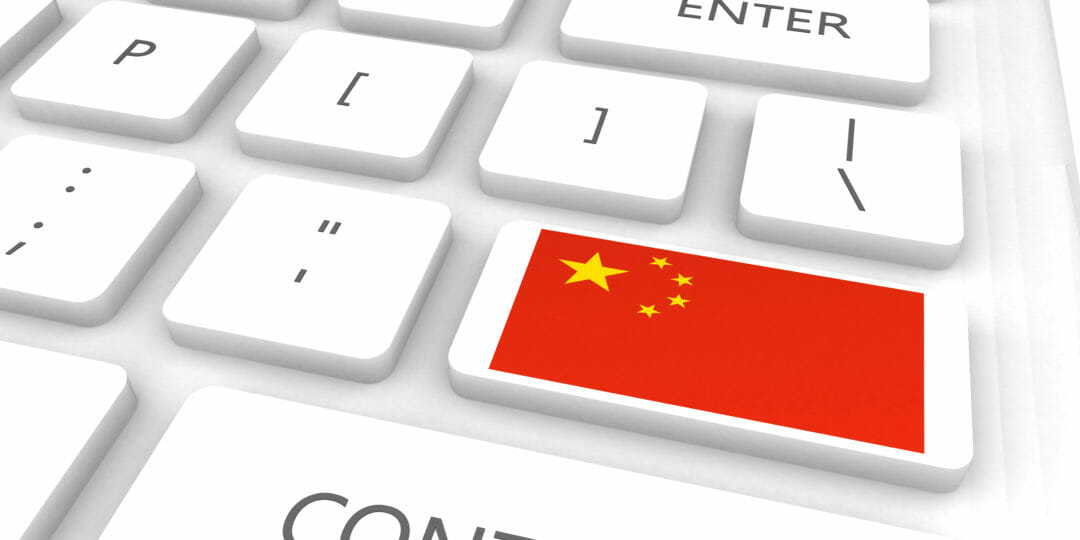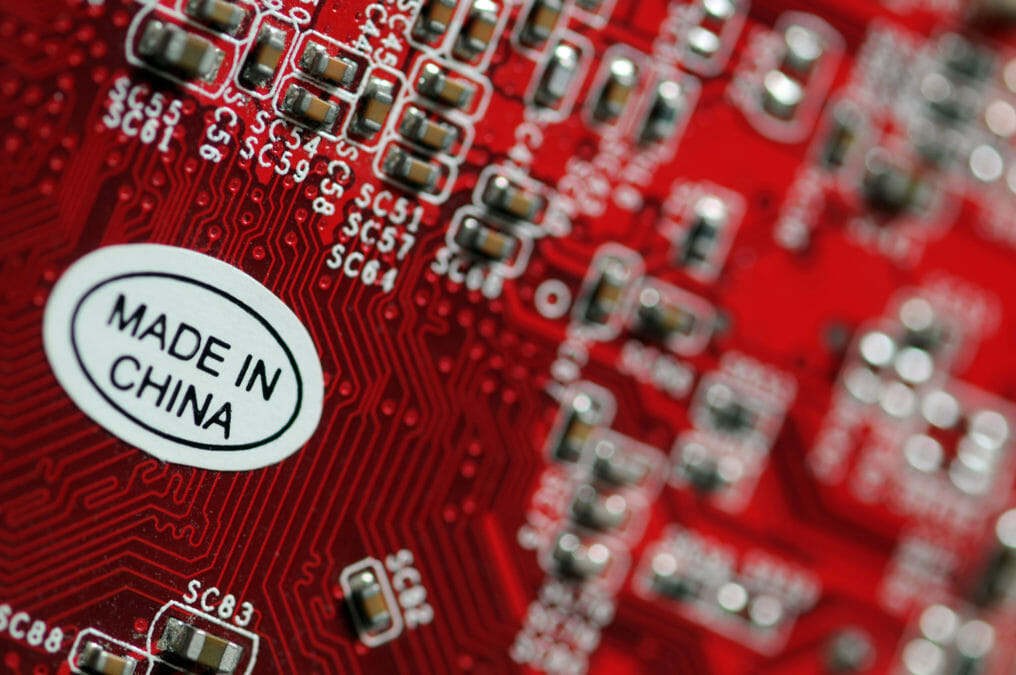Singapore, or the ‘smart nation’ as it calls itself, has announced its plan to block access to the internet for some of its public servants, and civil departments.
The move is an attempt to block potentially devastating cyber attacks.
Ben Desjardins, director of security solutions at network security firm Radware, said this move is “one of the more extreme measures I can recall by a large public organisation to combat cyber security risks.”
However, implementing this policy may not be as radical an idea as it has been made out to be, but rather a practical one that prioritises safety and security.
>See also: London reaps the rewards of leading the world in open data
FireEye, a cyber security company, found that organisations in Southeast Asia where 80% more likely than the global average to be hit by an advanced cyber attack.
Tensions over territorial claims in the South China Sea have exacerbated the situation, and those involved have been particularly targeted.
Bryce Boland, FireEye’s chief technology officer for Asia Pacific, said Singapore’s approach should be viewed as an attempt to block government computer access from internet-based cyber criminals, rather than an attempt to block internet access for government employees.
This ‘air gapping’ announcement may come as a surprise to people, as Singapore is a leader in innovation, technology and business.
However, David Koh, chief executive of the newly formed Cyber Security Agency, said officials realised there was too much data to secure and the threat “is too real.”
>See also: London triumphs as world’s most attractive city for foreign investment
Implementing this internet block is going to be a challenge in itself, and once ‘online’ there is no guarantee of success.
“Allowing BYOD devices to connect to the government’s network while restricting Internet access from work computers is a bit counter-intuitive, as employees will still be able to download potentially harmful content using the same network,” comments Bogdan Botezatu, senior e-threat analyst at Bitdefender.
It is impossible to stop the inevitable – unforeseen scenarios and the frequency of cyber attacks means they will get through.
“Although it seems like the best solution, disconnecting government computer access from the Internet is not 100% efficient. There were plenty of situations where employees inserted USB devices and unknowingly installed malware on systems.”
Blocking internet access is nothing new, and has been adopted by other businesses and government agencies in Asia, comments William Saito, a special cyber security adviser to the Japanese government. Japanese companies have cut internet access in the past year, after cyber breaches.
>See also: The pros and cons of hybrid cloud migration explained
“They cut themselves off because they thought it was a good idea,” he told Reuters, “but then they realised they were pretty dependent on this Internet thing.”
Indeed, the air gapping will most likely have a negative effect on Singapore’s Government’s operational efficiency and productivity.
Perhaps they view the move as a better of two evils.
There are alternative solutions, however, as Botezatu suggests: “Segregating networks, installing an advanced security solution and imposing a clear access policy to prevent them from using certain resources are some of the best ways to tread the fine line between Big Brother monitoring and no control.”







